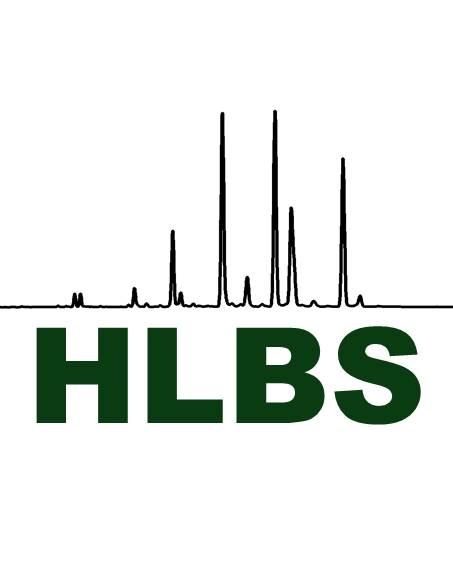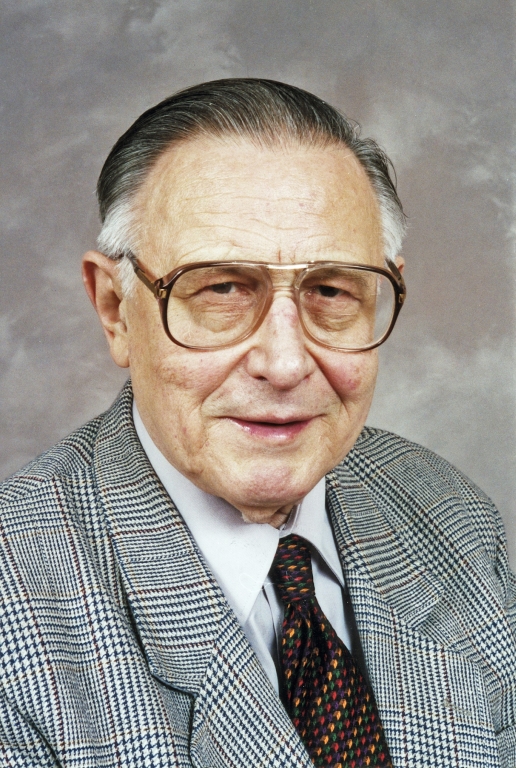The goal of the Horváth Csaba Memorial Laboratory of Bioseparation Sciences is to expand the scope of novel innovative and high performance bioanalytical techniques in the fields of medicine and life sciences, using high performance single- and multi-dimensional separation methods, such as liquid chromatography (HPLC), capillary electrophoresis (CE), capillary electrochromatography (CEC) and microfabricated devices preferably connected to mass spectroscopy (MS). The requirement is engendered by the recent need to study global changes in expression of nucleic acids (genomics), proteins (proteomics) and important post translational modifications such as glycosylation (glycomics). One of the main focuses of our research program is the establishment of a solid theoretical understanding of the physico-chemical underpinning of the differential migration processes that are involved in micro-channel based bioanalytical techniques, like microbore-liquid chromatography, capillary electrophoresis, capillary electrochromatography and microfabricated separation devices. Our fundamental studies on the theory and applications are expected to support the design, preparation and use of new column technologies and stationary phases as well as separation chemistries we plan to develop in the Laboratory. The results of our theoretical studies together with the expertise of the principal investigators in chromatography, column engineering, capillary electrophoresis and microfabricated device technologies will be utilized in embarking on recent bioanalytical challenges, and upon success it is expected to have a great impact on the way in which various diseases will be diagnosed and treated. The advent of microfluidic-based rapid analytical techniques opens up new horizons in the biomedical field as capable of revealing global changes in gene expression at the transcriptome, proteome and glycome level. Our endeavor will be supported by faculty members in collaborative institutions and industrial partners.

